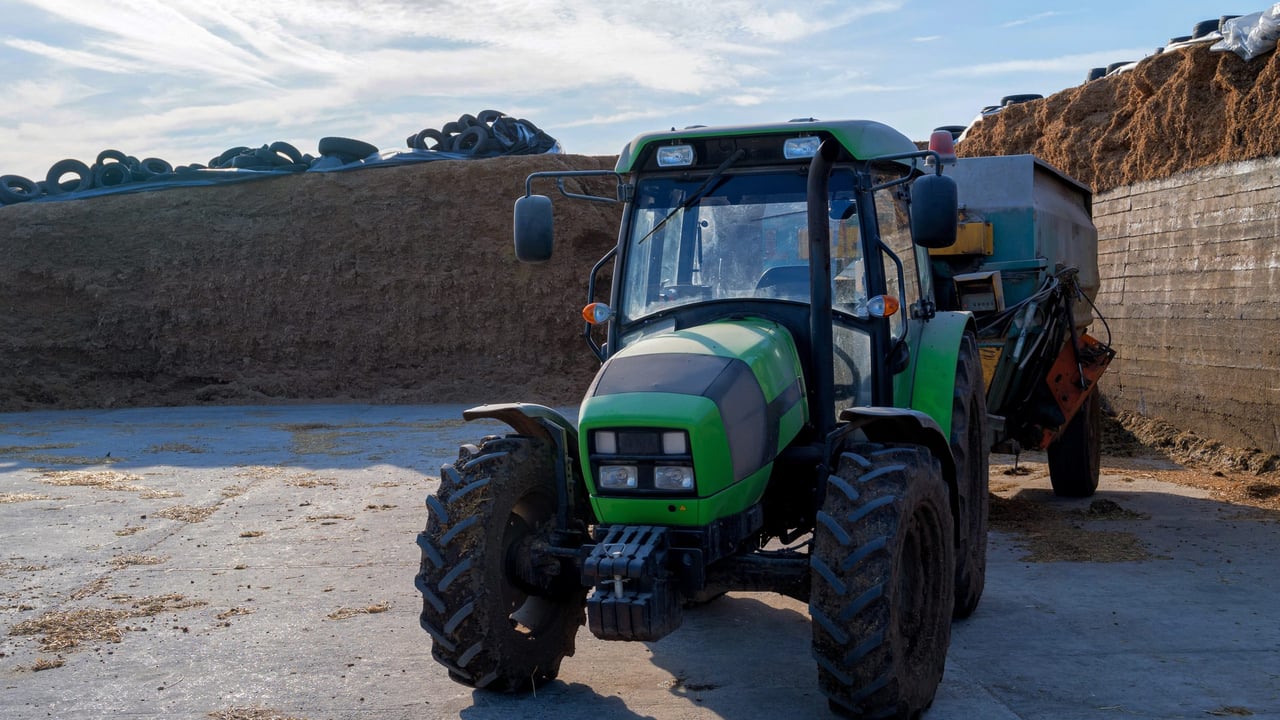Farmers warned about pollution ahead of silage season
As the silage-making season approaches, Limerick City and County Council is reminding farmers of their obligations to manage effluents in accordance with regulations.
The council has referenced the European Union (Good Agricultural Practice for Protection of Waters) Regulations 2022.
Silage effluent is a particularly potent pollutant, with 200 times the polluting potential of raw domestic sewage according to the local authority.
It is essential that all effluents arising from the silage-making process are collected, stored, and managed in a manner that ensures that water quality is not impacted, the council said.
- Silage base and collecting channels: Ensure the silage base and associated collecting channels are free from defects. Seek professional advice for any necessary repairs. Refer to the Department of Agriculture, Food and the Marine building specifications:
- S.128 - Minimum Specification for Concrete Silage Bases;
- S.128A – Minimum Specification for Re-Surfacing of Silo Floors;
- Sealants: Use only proprietary sealants where required.
- Storage capacity: Ensure the silage slab's capacity is not exceeded. E.g., if the pit is designed to store silage from 50ac at normal yield, do not exceed this limit. Effluent issues arise when farmers attempt to ensile more silage than the slab is designed to hold. Additional silage should be stored on another slab or made into round bales;
- Wilt grass: Wilt the grass prior to ensiling to achieve a dry matter (DM) content of at least 30%, minimising effluent release;
- Drainage channels: Keep grass behind the drainage channels and ensure all channels are free from blockages;
- Polythene cover: Ensure the polythene cover extends beyond the channels;
- Collection tank: Check that the collection tank is fit-for-purpose, never overflows, and that all effluents are collected;
- Field drains and streams: Regularly check field drains and streams to ensure farm effluents are directed towards effluent storage facilities, especially during silage-making and when the pit is opened over winter;
- Effluent collection tank: Inspect the effluent collection tank diligently for the first few days, as directly ensiled grass can release up to 30L of effluent per tonne;
- Land spreading: Dilute silage effluent at least 1:1 with slurry before land spreading. Maintain adequate buffer zones to protect water sources;
- Leak prevention: If effluent is observed leaking from the pit or bales, take measures to prevent its entry into water sources.
Farmers are obliged to report any discharge of effluent entering waters to Limerick City and County Council.





